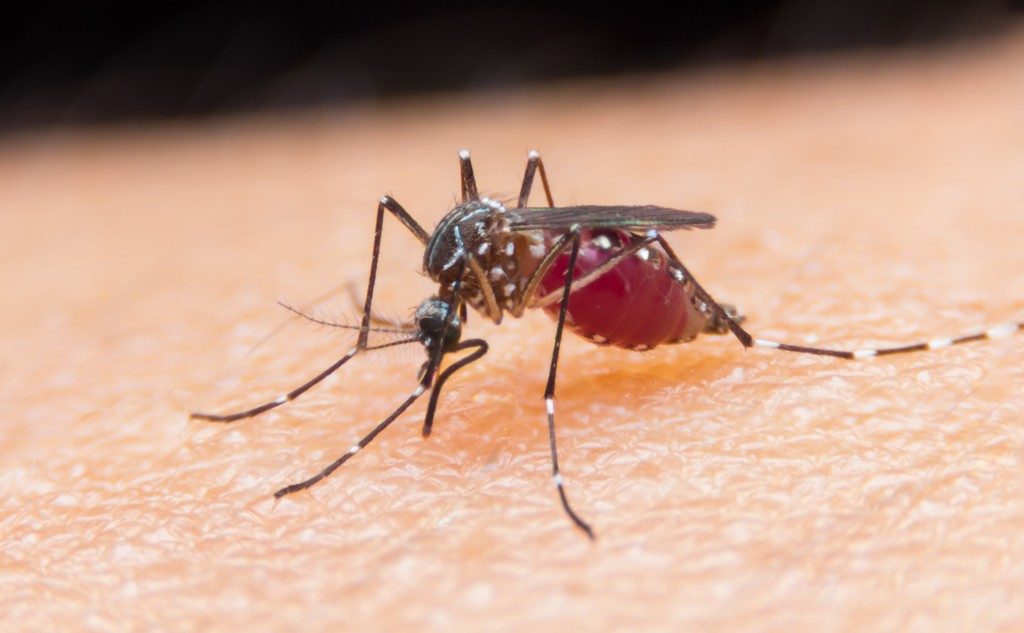Insect-borne illnesses have been on the march in recent years. And the bugs that spread these diseases are getting harder and harder to kill.
Scientists have been seeking out ways to combat the rise of these pests. While pest control services are still cost-efficient to get rid of infestations, some traditional methods are turning obsolete.
More than just an itch-inducing nuisance, these insects are deadly and could have serious public health implications. And scientists in Brazil and Southeast Asia are infecting mosquitoes with bacteria to avoid the spread of dengue fever — one of the most common mosquito-borne diseases.
Mosquito Threat: An Impact of Climate Change
The rise of global temperatures comes with a greater risk for the transmission of vector-borne diseases. In turn, this leads to an increase in the pattern and frequency of diseases caused by insects, such as ticks, fleas, and mosquitoes.
A report from the Climate Central warns that the spread of vector-borne diseases poses a significant public health risk. In the study, the researchers explained the role of temperature in the spread of disease. They analyzed the number of days each year for spring, summer, and fall with a temperature between 61 degrees and 93° F over a 47-year period.
Of the 244 cities included in the study, 94 percent saw an increase in the number of “disease danger days.” These danger days signal a heightened risk of disease transmission, demonstrating the far-reaching impact of climate change.
Counteracting Dengue Fever
Dengue is a mosquito-borne viral infection. Widespread throughout the tropics, female mosquitoes of the Aedes aegypti and Ae. Albopictus species are responsible for the transmission of the virus. It mostly affects Latin American countries and the Asia Pacific region.
The World Mosquito Program (WMP) is exploring prevention methods for the spread of dengue fever. And it has found that the bacteria Wolbachiapipientis can aid in crowding out the dengue virus in the disease-carrying Aedesaegypti mosquito species.
The idea is for scientists to artificially infect mosquitoes with wolbachia to impair their ability to spread the virus. The WMP has conducted tests in Australia, Vietnam, and Indonesia. In regions where the researchers introduced wolbachia, there were fewer reported cases of dengue fever.
Cameron Simmons, PhD, director of impact assessment at the WMP, shares that while it is still a watch-and-wait experiment, the results are looking good.
Protection from Vector-borne Diseases

Mitigating the health risks of mosquito-borne diseases also depend on proactive efforts from the government.
State and local officials can, for instance, build and sustain public health programs that test for vector-borne diseases. Moreover, they can educate the public on how to prevent bites and control the spread of germs in their community.
For daily protection, people can stay safe through the following steps:
- Applying insect repellant to exposed skin;
- Wearing long-sleeved shirts and pants;
- Closely monitoring the spread of ticks and fleas on pests; and
- Conducting full-body checks for bites, and taking a shower upon returning home
Mosquito-borne diseases are on the uptick, thanks to global warming. As higher temperatures create more mosquito-friendly habitats, people can protect themselves through awareness and wearing mosquito-preventive clothing.

